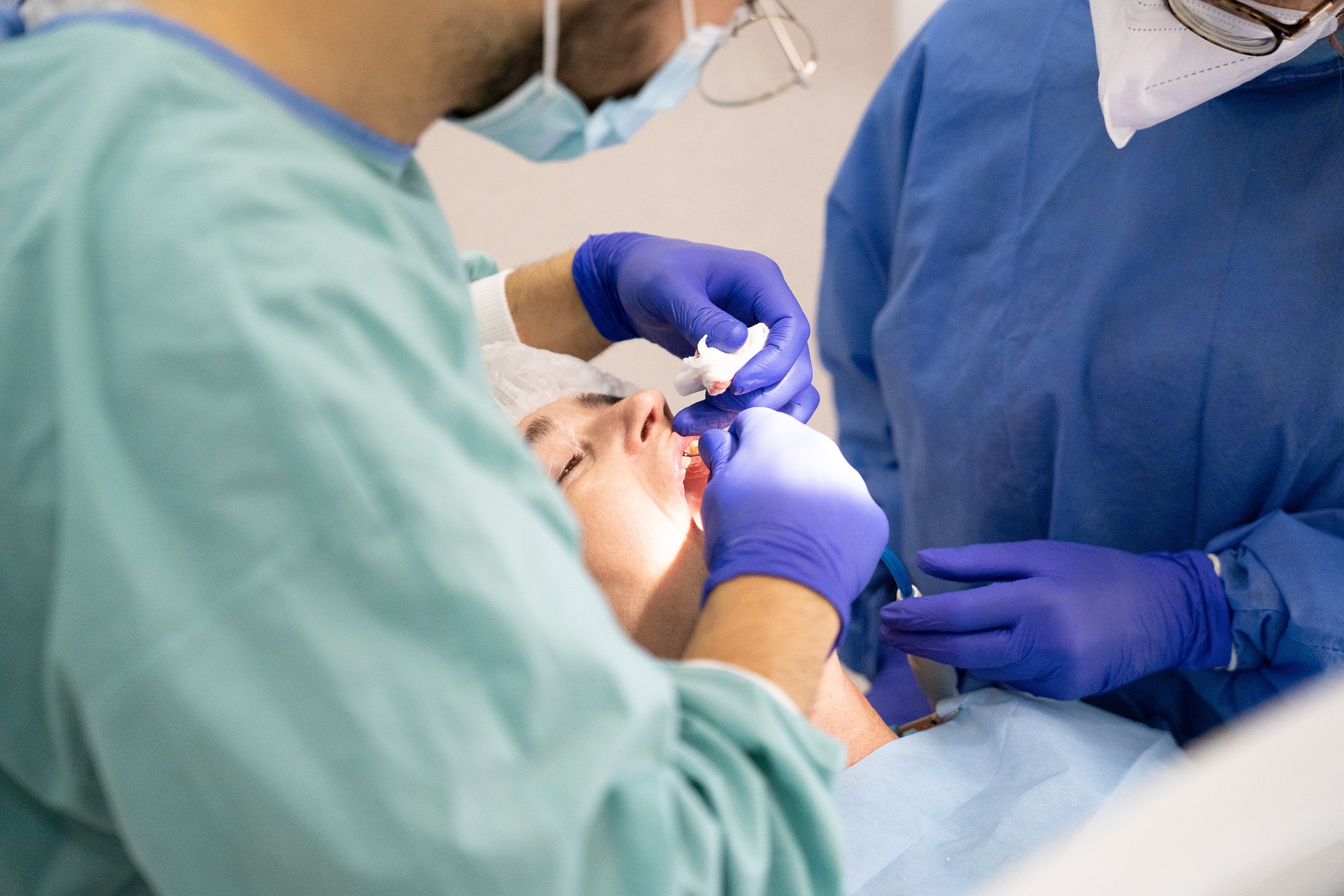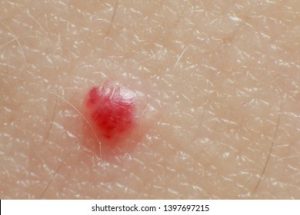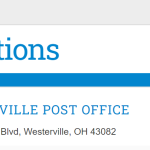Dental Hygiene Schools – Become a Better Oral Hygiene Provider
Dental Hygiene includes various types of preventive measures. Fluoride treatments and regular dental checkups are some of these. Also, a person should practice good oral hygiene to prevent dental diseases and bad breath. Dental hygiene schools can help people learn more about these practices. They will also learn how to become better oral health care providers.
Preventive dentistry
Preventive dentistry is an important part of dental care, and it has many benefits. For example, it can identify dental conditions early, including denture stomatitis and mouth cancer. This type of care is especially valuable for children and young adults, but can also benefit adults. A preventive care visit is an opportunity for your dental team to examine your teeth and discuss treatment options. This way, you can prevent tooth decay and gum disease before they become severe.
Preventive care includes daily brushing and flossing, maintaining a healthy diet, and scheduling regular dental exams and cleanings. Fortunately, dental insurance plans place a high priority on preventive dentistry, and preventive dental services are usually covered at 100 percent. These dental services also cost little out-of-pocket, and they aren’t counted against your annual maximum.
Preventive dental care can also strengthen weak teeth. For example, a preventive filling can prevent a tooth from breaking or chipping. In some cases, a crown or ‘onlay’ can be used to fix a broken tooth. Taking care of your teeth will help you avoid expensive dental treatments later on.
In addition to regular visits to the dentist, preventive care includes eating a well-balanced diet and drinking plenty of water. It also includes regular visits to your dentist to check for signs of cavities and oral cancer. By practicing these preventive dental care habits, you can prevent most of the dental problems before they happen.
Fluoride treatment
Fluoride treatment for dental care can be applied in a variety of ways, including gel or foam treatments. The latter allows fluoride to penetrate the deeper layers of the enamel. Patients are asked to refrain from eating, drinking, or rinsing their mouth for at least 30 minutes after treatment. This allows the fluoride to penetrate the teeth and repair microscopic carious sites.
Fluoride is naturally occurring in food and water, and it helps to maintain the minerals in tooth enamel. Fluoride also fights the bacteria that attack tooth enamel. Moreover, it can reverse early tooth decay. People who are at a high risk of developing cavities should consider fluoride treatment as part of their oral health care routine.
Fluoride treatment is a safe, quick, and painless dental care procedure. Patients can undergo it as part of a dental appointment or as a stand-alone treatment. Typically, the dentist will dry the teeth before fluoride is applied to them. The process is a relatively simple one, and can be done within the dental office.
Fluoride treatment for dental care can also be applied to the teeth in the form of toothpastes, mouthwashes, or gels. Fluoride-containing toothpastes, mouthwashes, and gels are available over the counter, and some dentists may even prescribe a prescription-strength fluoride solution. Regardless of which method is chosen, it is important to follow the directions carefully.
Dental hygiene schools
The University of Texas Health Science Center at San Antonio offers two dental hygiene degree programs entirely online: a Bachelor of Science in Dental Hygiene and a Master of Science in Dental Hygiene. The bachelor’s program requires students to complete 60 hours of dental hygiene coursework and 24 hours of statistics coursework. This program is designed for working professionals who want to advance their careers or start a new one. Students must complete 18 hours of prerequisite coursework before beginning the program. The master’s degree program requires 36 credits and is delivered fully online.
The bachelor’s degree program takes four years to complete and prepares students for a master’s degree in dental hygiene. Some schools also offer bridge programs, which allow those with an associate’s degree to transfer credits. Master’s degree programs, on the other hand, may take a year or two to complete. Graduates usually gain experience working in the field while working toward their degree. An online program may be a good option for those who wish to pursue advanced degrees while working, since it offers flexibility.
After completing dental hygiene school, prospective graduates can find employment in various dental practices. Dental hygienists are often encouraged to apply for various academic scholarships and to become involved in student organizations such as the Student American Dental Hygienist Association. In addition, dental hygienists can be recipients of awards and honors such as the Hu-Friedy Golden Scaler Award, the New York City Dental Hygienist Association’s Clinical Proficiency Award, and the American Dental Association’s Professional Achievement Award. They can also find employment in industrial clinics, hospitals, and public and private health agencies.
Medicare coverage
Medicare coverage for dental care is not universal. It’s important to understand that the program covers a limited number of procedures, and some procedures aren’t covered at all. For example, a dentist may be covered for oral cancer screenings, but not for root canals. A dentist’s services may be covered if they fall within the scope of their practice.
The committee’s methodology was based on an estimation of what it would cost to extend limited Medicare coverage for dental care. The cost estimation approach follows generic CBO practices, although the committee did not discount the estimates to present value. The cost estimates are provided in Appendix E, which was prepared in consultation with the committee members.
Because Medicare does not cover routine dental care, many seniors are looking for alternative dental insurance coverage. Medicare Advantage plans often promise additional dental benefits. Many private insurance companies sell dental plans. While these plans are not ideal for everyone, they can be a good option for many seniors.
Costs
Dental treatment fees can be quite substantial, even for common dental conditions. A simple tooth filling, for example, can cost anywhere from $75 to $200. A metal crown, however, can run you up to $1,500, and a root canal on a molar can cost upwards of $2,600. Dental procedures, such as dental implants, are even more expensive. The costs of dental care depend on several factors, including how complex the procedure is.
If you have a dental plan, you may be able to receive a dental treatment at a reduced rate. However, if you are self-employed or don’t have dental insurance, you might need to pay full price for a procedure. However, there are ways to reduce the costs of dental care and still receive high-quality dental care.
You should compare the costs of dental treatments in your area. For example, dental care costs are often higher in cities than in rural areas. This is because of the cost of living differences. Furthermore, preventive treatments are important to maintain the health of your teeth, and you should choose the ones that will prevent more serious problems later. Besides preventive treatments, major treatments may include dental implants, bridges, and emergency care.
Many healthcare companies offer dental savings plans. In addition, some dental practices offer their own. These plans function similar to medical insurance plans. For more information, visit AARP’s primer on dental insurance. In addition to dental savings plans, many dentists offer payment plans or discounts for early payment. They can also adjust their treatment plans to meet your financial needs.















